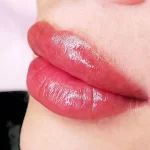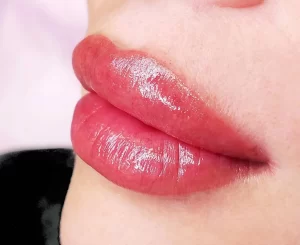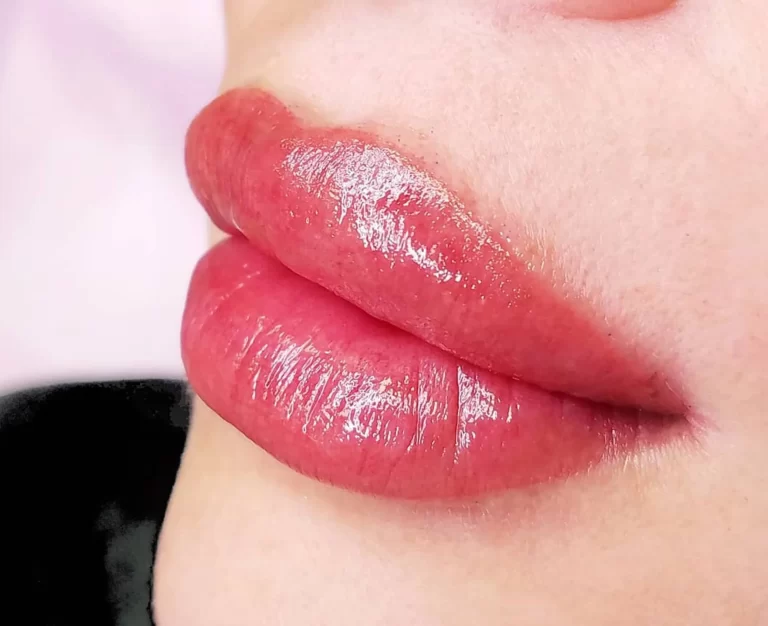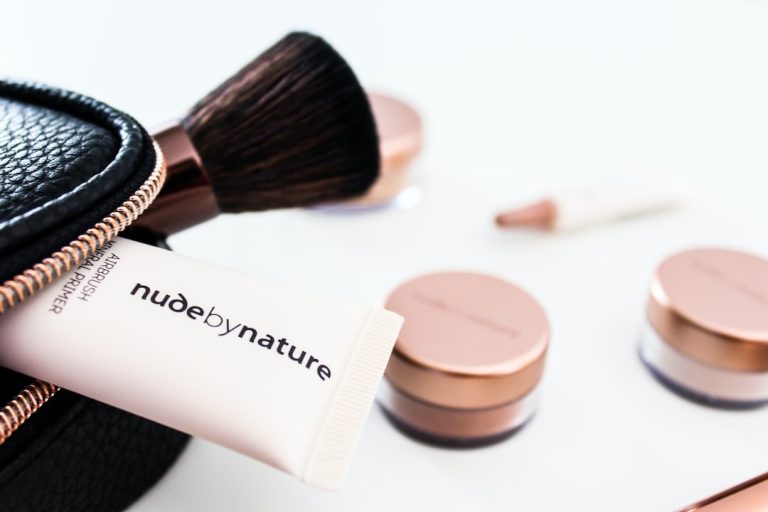Chin hair on women can be a cause of concern and embarrassment. While facial hair is common in men, it is not unusual for women to also develop hair on their chin. In this article, we will explore the various causes of chin hair in women.
Hormonal Imbalances
Hormonal imbalances, particularly an excess of androgens (male hormones), can lead to the growth of chin hair in women. Conditions such as polycystic ovary syndrome (PCOS) can cause an increase in androgen production, resulting in unwanted hair growth.
Polycystic Ovary Syndrome (PCOS)
PCOS is a hormonal condition that affects many women of reproductive age. It is characterized by enlarged ovaries with small cysts, irregular or absent menstrual periods, and higher levels of androgens. Excessive chin hair growth is one of the common symptoms of PCOS.
Menopause
During menopause, women experience a decline in estrogen levels. This hormonal shift can lead to an increase in androgen activity, which may cause the development of chin hair.
Genetics
Genetics play a significant role in determining hair growth patterns, including chin hair. If your mother or grandmother had noticeable chin hair, you may be more likely to develop it as well.
Medications
Certain medications can trigger excessive hair growth. For instance, some women may notice an increase in chin hair growth while taking medications containing testosterone.
Stress
Chronic stress can disrupt hormonal balance in the body, leading to an overproduction of androgens. This hormonal imbalance can contribute to the growth of chin hair in women.

Medical Conditions
Various medical conditions can cause the growth of chin hair in women, including adrenal gland disorders and thyroid problems. It is important to consult with a healthcare professional if you notice sudden or excessive hair growth on your chin.
Treatment Options
If you are bothered by chin hair, there are several treatment options available:
- Plucking or Tweezing: This method involves manually removing individual hairs using tweezers.
- Waxing: Waxing pulls out multiple hairs at once and provides longer-lasting results compared to plucking.
- Shaving: Shaving is a quick and easy method, but the results are temporary, and the hair may grow back thicker.
- Laser Hair Removal: This method uses laser technology to target and destroy hair follicles, providing long-lasting hair reduction.
- Electrolysis: Electrolysis involves inserting a very fine needle into the hair follicle and using an electrical current to destroy it. This method offers permanent hair removal.
Note:
Before choosing any treatment option, it is advisable to consult with a dermatologist or a licensed esthetician to determine the most suitable approach for your specific situation.
Chin hair in women can be caused by hormonal imbalances, genetics, medications, stress, or underlying medical conditions. Understanding the root cause can help in finding the right treatment method. Remember to consult with a professional before opting for any hair removal method.
Reasons for Excessive Hair Growth in Females? #skincare #beautytips #laserhairremoval























